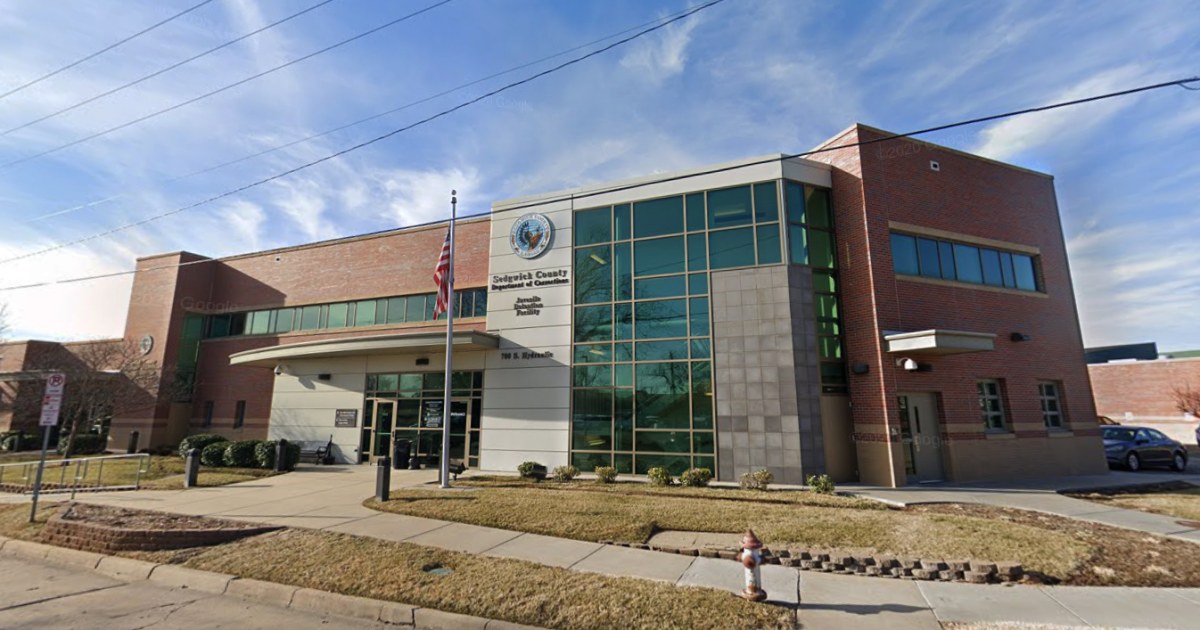The delay grants companies more time before they’re expected to disclose ESG impacts and data under new reporting regulations.
By Leah Garden
May 1, 2024

The European Council said on Tuesday that it will defer by two years the adoption of sector-specific sustainability reporting standards for EU companies under the Corporate Sustainability Reporting Directive (CSRD).
The delay also applies to non-EU companies operating in the region.
This means that U.S.-based companies that were preparing for the first time to disclose Scope 1, 2 and 3 emissions and other requirements under the CSRD by the end of June now have until the end of June 2026, and EU companies similarly get an additional two years to disclose sector-specific information.
Limiting requirements to ‘a necessary minimum’
The council stated that the delay will “allow companies to focus on the implementation of the first set of European Sustainability Reporting Standards (ESRS) and limit the reporting requirements to a necessary minimum.”
The standards detail the environmental and social disclosures that companies must disclose by July, per the CSRD, which was passed by the EU Parliament in November 2022 and went into effect in January 2023.
The first round of the sustainability reporting standards required companies to submit sustainability disclosures regardless of sector or marketplace, beginning in 2023. The sectors covered in the now-delayed second round include oil and gas, mining, road transport, food, cars, agriculture, energy production and textiles.
This announcement follows the U.S. Securities and Exchange Commission’s decision to pause its climate disclosure rules, which are under review by the Eighth Circuit Court of Appeals.
[Continuetheconversationonclimatepolicyat[ContinuetheconversationonclimatepolicyatCircularity 24 (May 22-24, Chicago), the leading conference for professionals building the circular economy.]
Note: This article have been indexed to our site. We do not claim legitimacy, ownership or copyright of any of the content above. To see the article at original source Click Here














